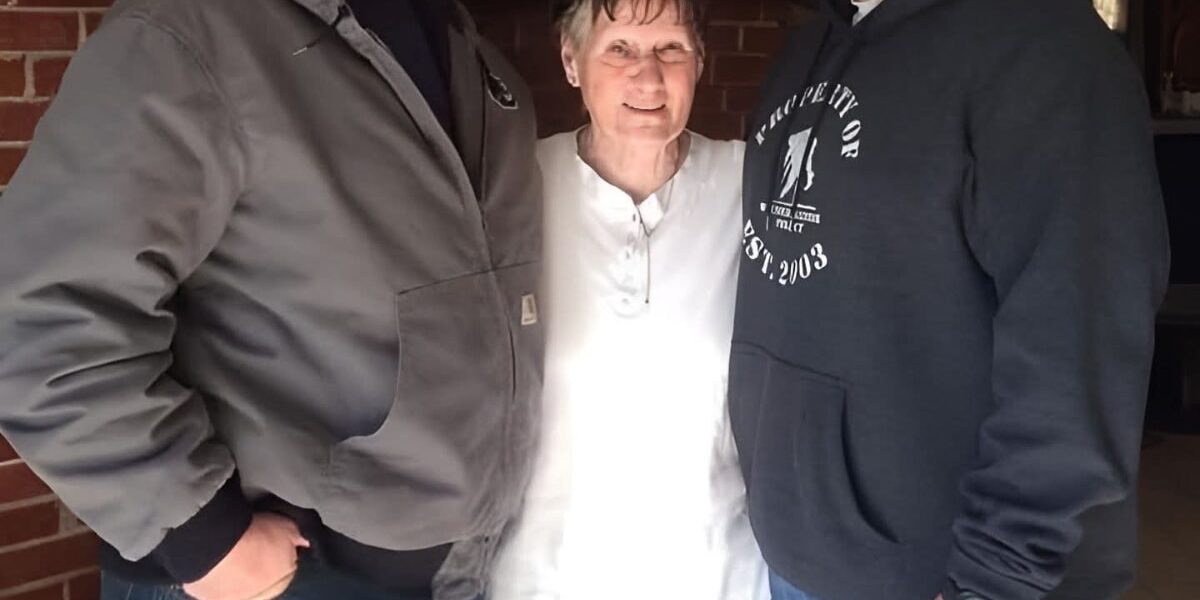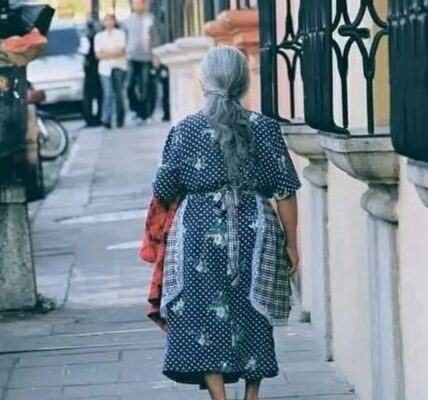In the summer of 1967, a young mother stood on the porch of her modest home, three boys playing inside, oblivious to the storm that was about to hit their lives. Her name was Margaret, and on that day, everything changed. Her husband—her so-called partner—walked out. Not for a better life, not for his family’s future, but for the woman next door.

He left behind three sons: an eleven-year-old trying to be brave, a sensitive nine-year-old who didn’t understand, and a wide-eyed four-year-old who just wanted his dad to come home. He also left behind something else: a secret balloon loan taken out on the house, hidden from Margaret until the day the bank came knocking. They wanted full payment, and they wanted it now.
This was the 1960s. A time when divorced women were whispered about, not helped. A time when no one gave credit to a woman with an eighth-grade education, especially not one without a husband. Welfare was expected. Defeat was assumed.
But not by Margaret.

She walked into that bank, not with power or position, but with purpose. She pleaded her case—not for pity, but for a chance. She told them she would not let her children sleep on the street. And against the odds, someone in that bank decided to believe in her.
That belief became a 30-year mortgage. Margaret turned it into something else.
She worked night shifts in a factory—ten, twelve, sometimes fourteen hours. She came home with sore feet and calloused hands, but she didn’t stop. In the mornings, while the boys were getting ready for school, she was out in the garden, tending to tomatoes, beans, and squash that would fill the pantry. She canned everything herself, taught herself how to make meals stretch, how to make pennies count. She patched clothes, mended broken toys, and kept the house running with grit and grace.
Margaret paid off that 30-year mortgage in six years.
And she did it all while raising three boys who would grow up to be educated, decent, and full of respect for the woman who never let them fall. College? She made it happen. Not with savings, but with sacrifice. She gave them not just meals and clothes—but pride, discipline, and the understanding that love doesn’t quit, even when everything else does.
She never asked for a thank you. She would have refused it if it came with money. Her reward was watching her sons grow, graduate, raise families of their own. She lived long enough to hold her grandsons—those boys who now stare back at her from the cherished photograph, not knowing just yet the kind of legacy they came from.
The woman in that picture is more than a mother, more than a grandmother. She is a monument to perseverance. She was the roof when the walls cracked. The light when the power went out. The heartbeat of a home that could have collapsed—but didn’t.
To this day, her eldest son—now a father himself—still misses her. Every single day. Because some people never really leave. Not when they loved as fiercely and completely as Margaret did.
She wasn’t just everything.
She was everything that mattered.




